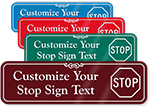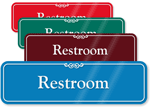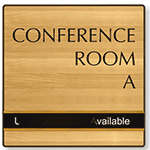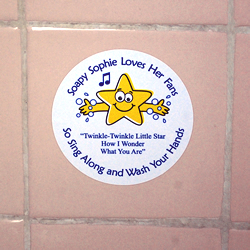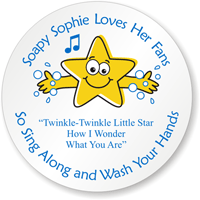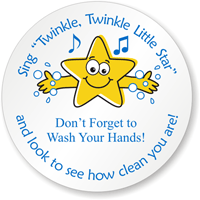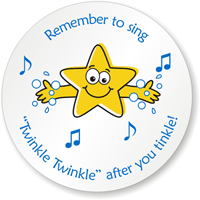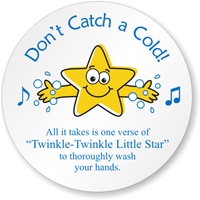
- Home
- Custom
-
Restroom
-
- ADA Bathroom signs
- All Gender Restroom Signs
- Bathroom Etiquette Signs
- Bathroom Key Tags
- Custom Bathroom Signs
- California Bathroom Signs
- Designer Restroom Signs
- Directional Restroom Signs
- Family Restroom signs
- Funny Bathroom Signs
- Hand Washing Signs
- Men's Restroom Signs
- Projecting Bathroom Signs
- Showcase Restroom Signs
- Women's Restroom Signs
- Unisex Restroom Signs
-
-
Room
-
- Computer Room
- Conference Room Signs
- Dressing Room Signs
- Electrical Room Signs
- Exam Room Signs
- Fitness Room Signs
- Hall Passes
- Laundry Room Signs
- Locker Room Signs
- Lunch Room Signs
-
- ADA-Braille
- Sliding
- Office
-
Entrance & Exit
-
- Exit Door Signs
- Bilingual Exit Signs
- Braille Exit Signs
- Directional Exit Signs
- Emergency Exit Signs
- Fire Exit Signs
- Stairwell Exit Signs
- Use Other Door Signs
- Do Not Enter Door Signs
- Not An Exit Signs
- Office Exit Signs
-
- No Smoking
- Designer
-
By Message
-
- Alarmed Door Signs
- Authorized Personnel Only
- Automatic Door Signs
- Do Not Disturb Signs
- Door Knob Tags
- Funny Door Signs
- Keep Door Closed Signs
- Keep Kitchen Clean Signs
-

